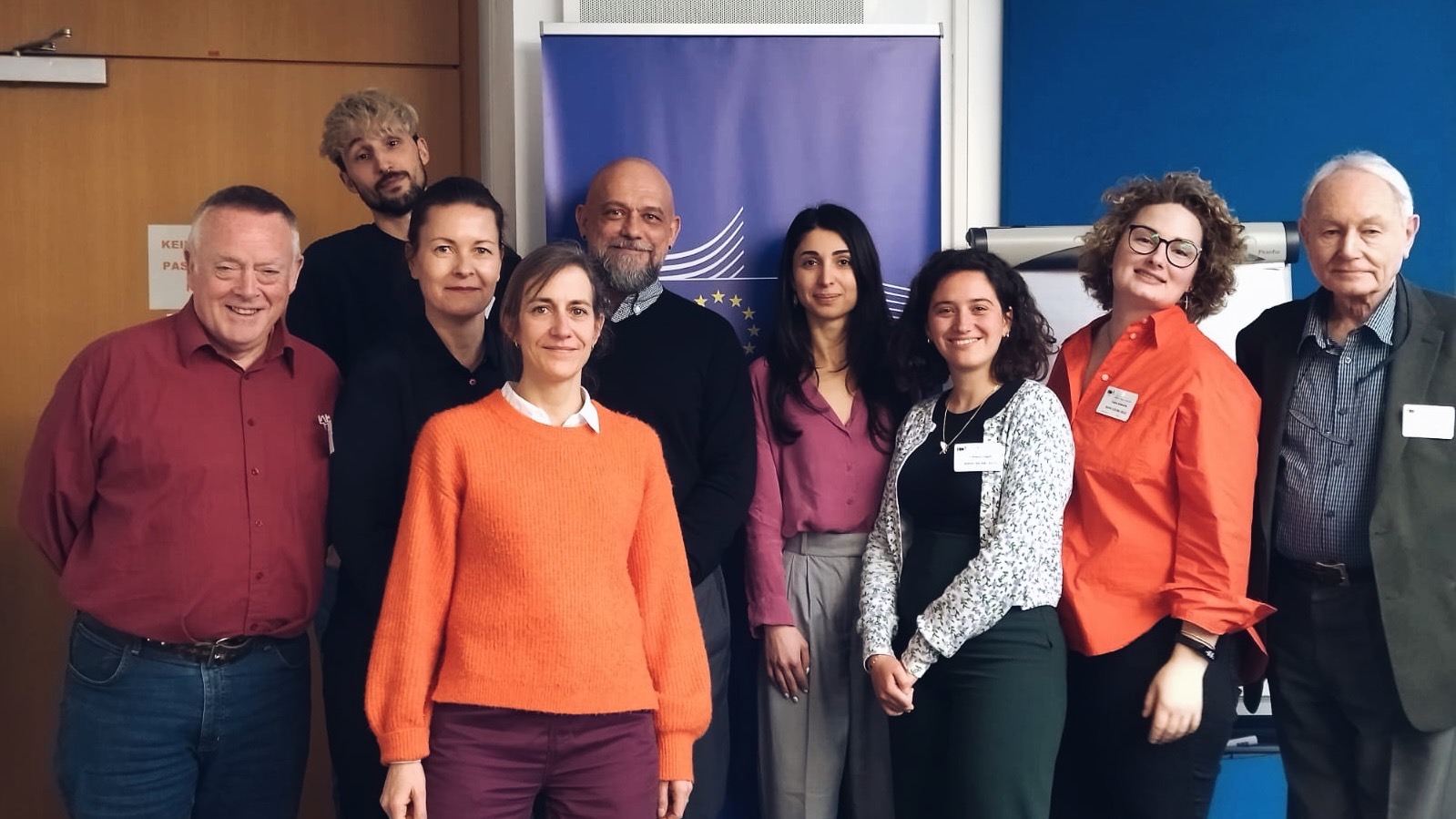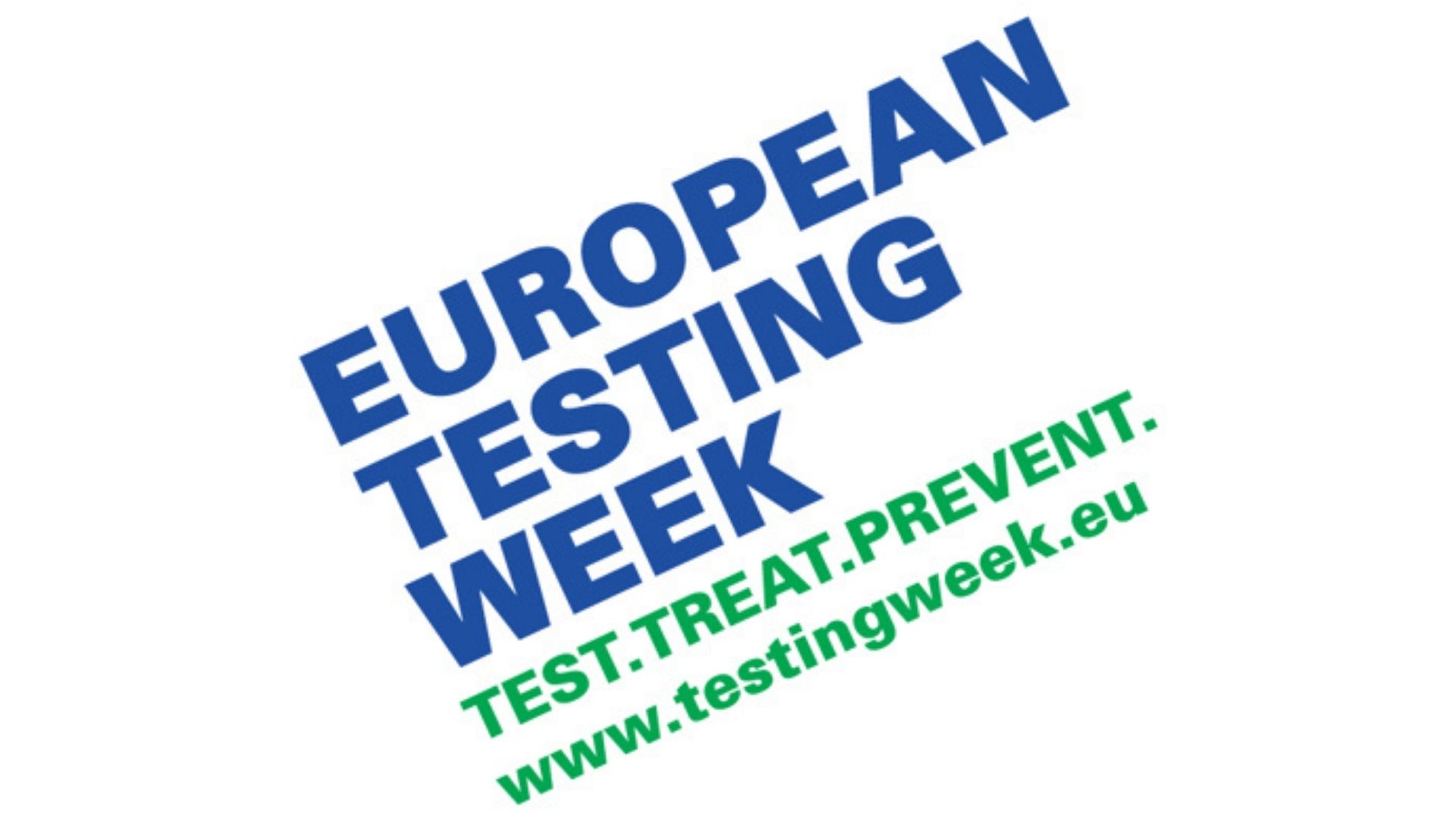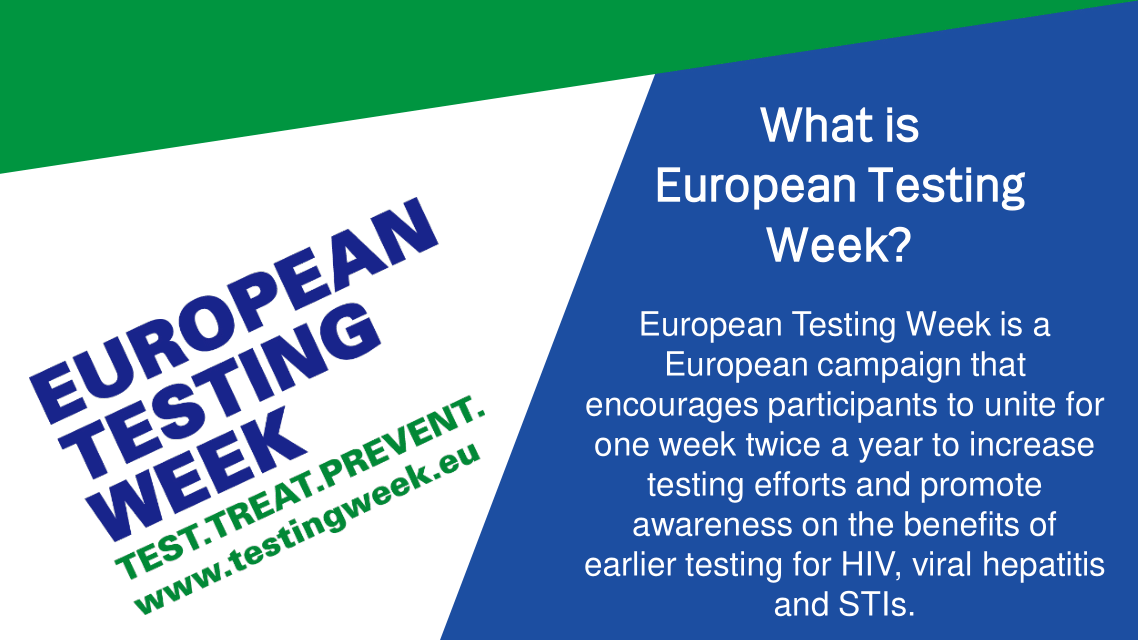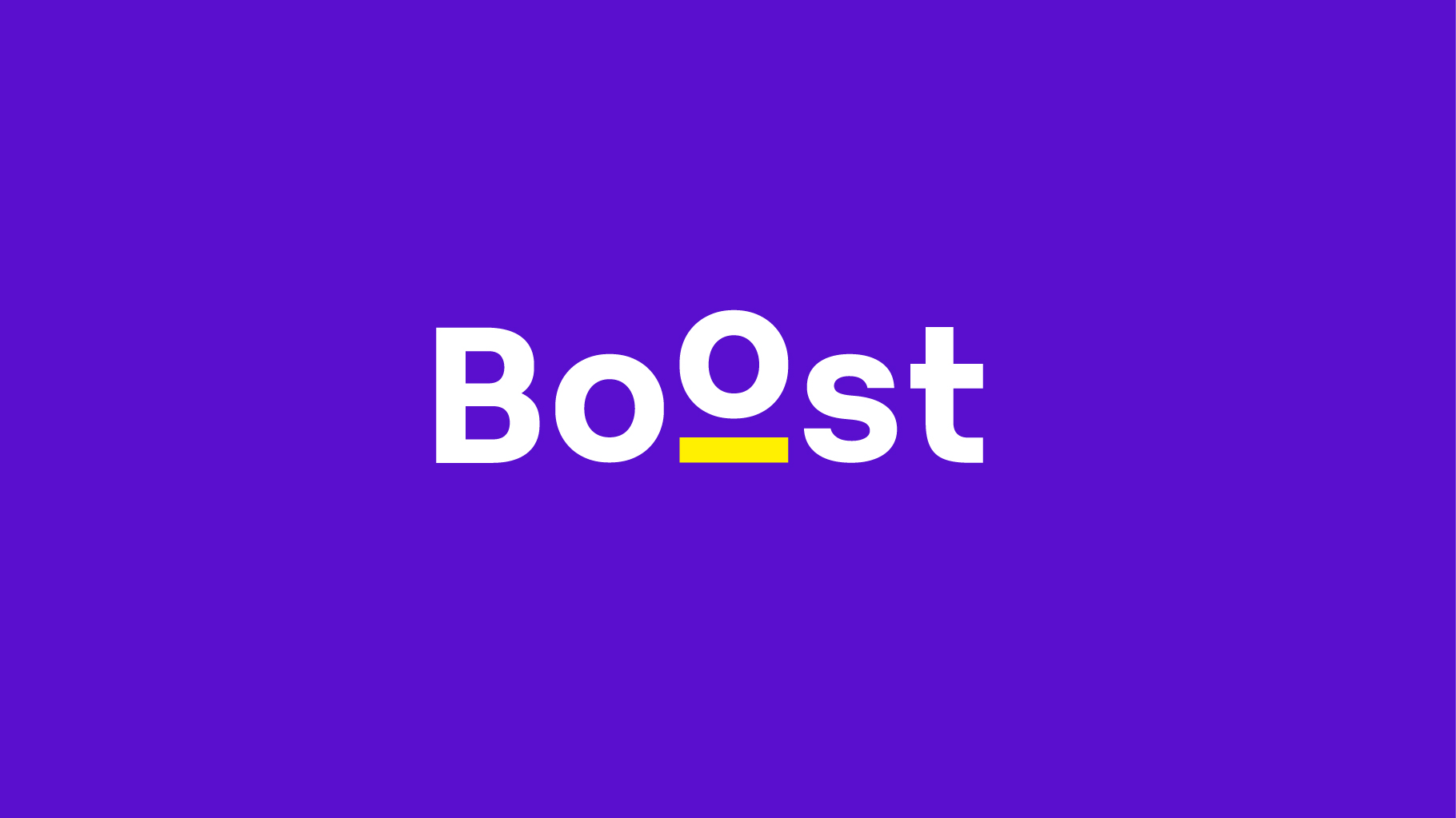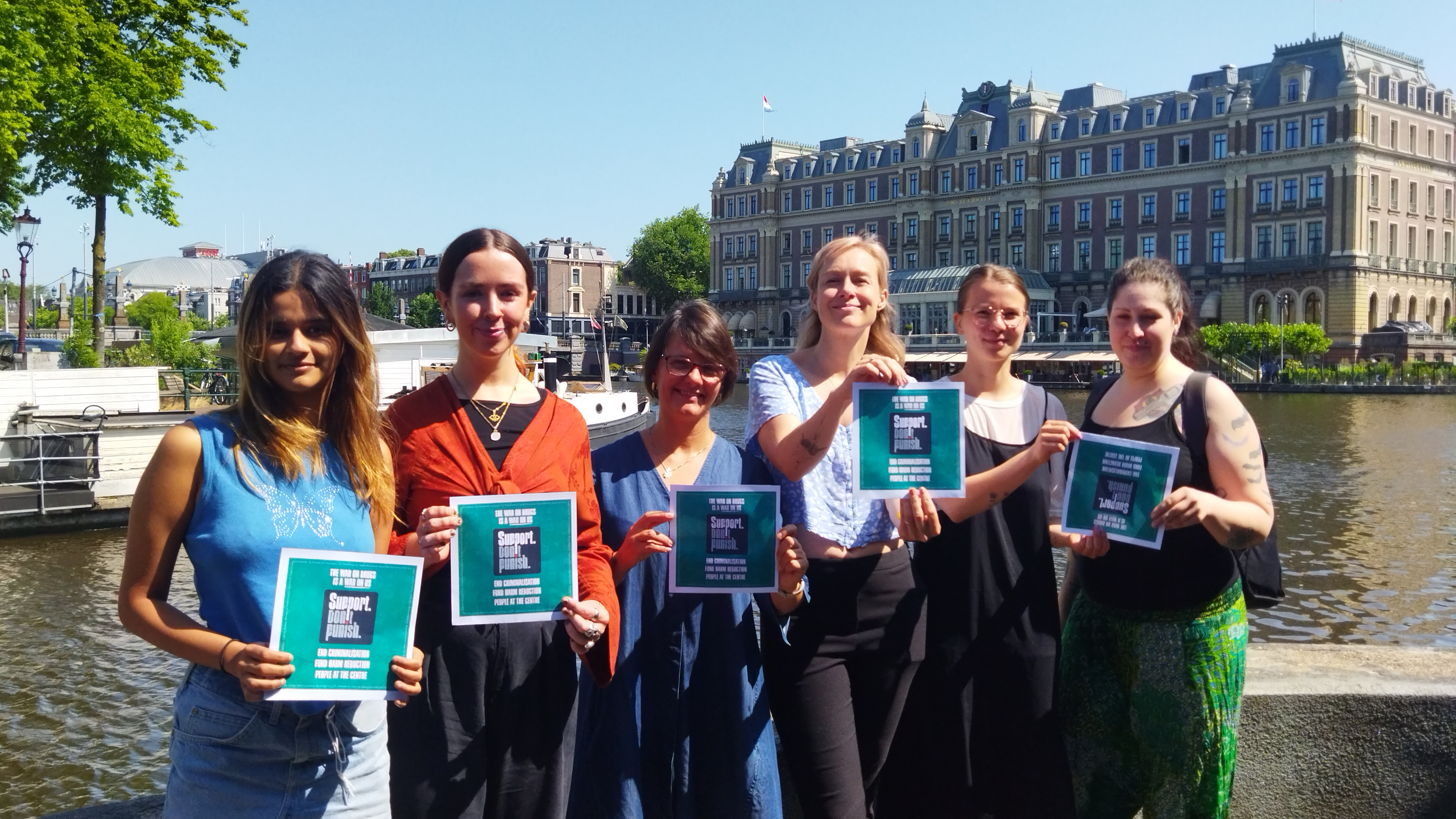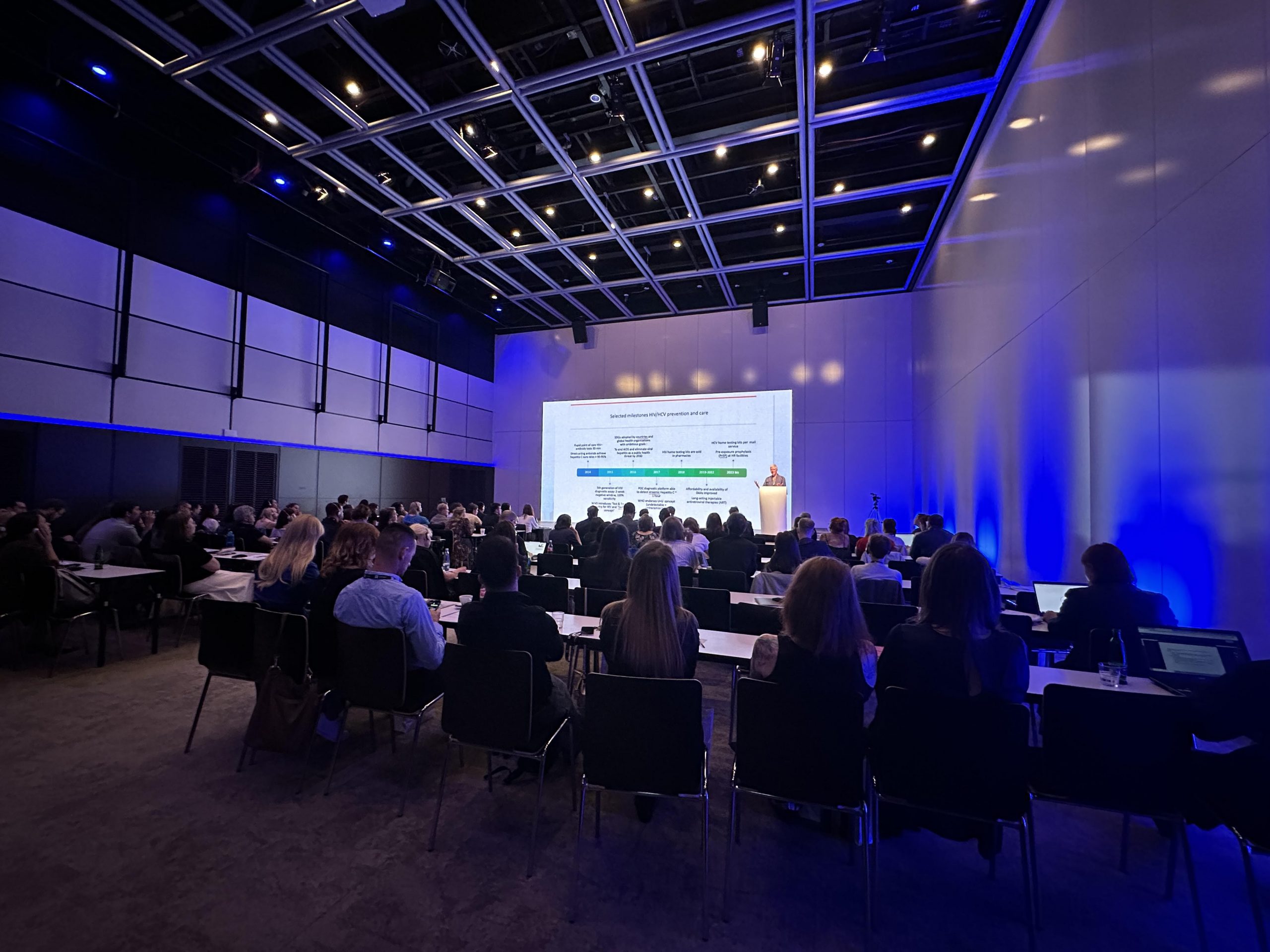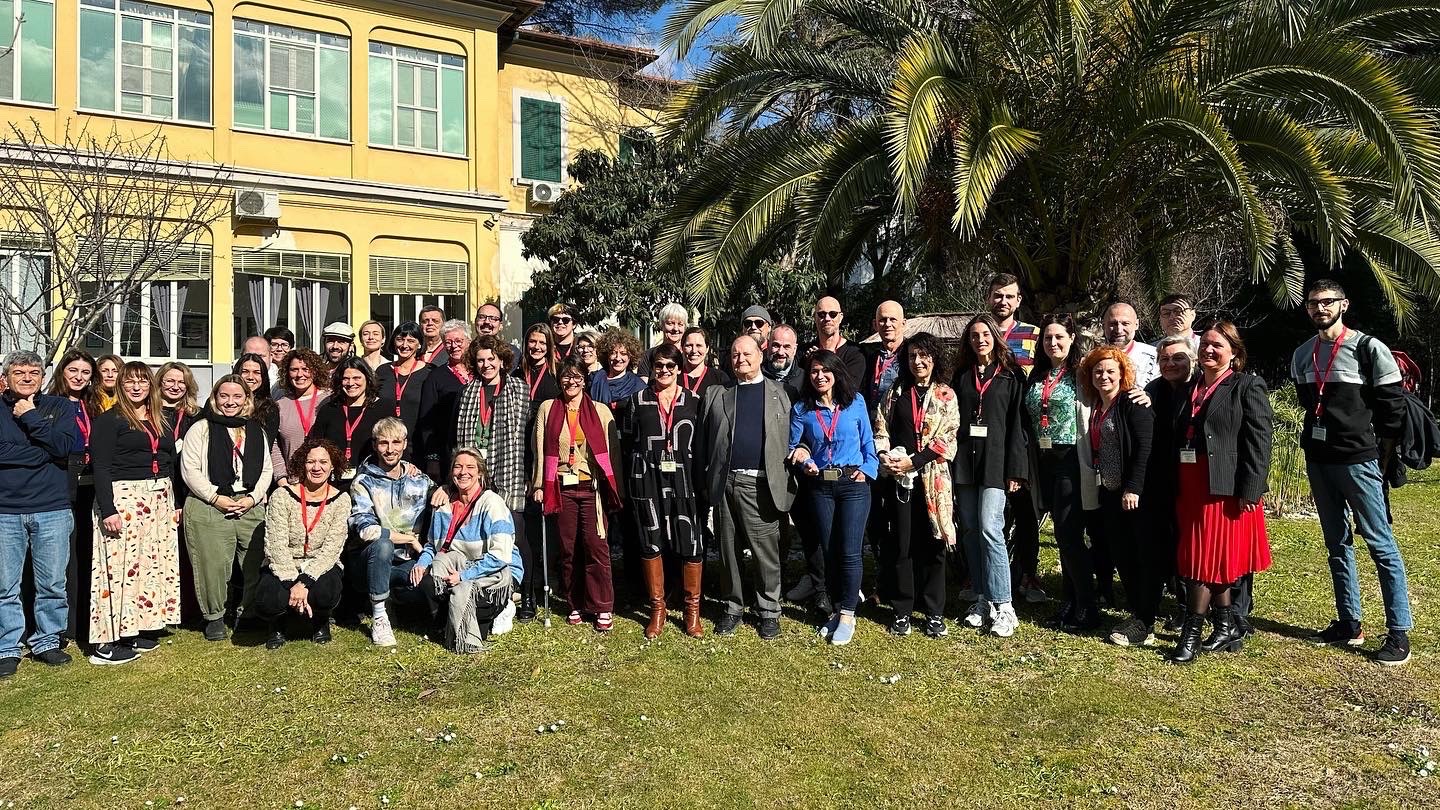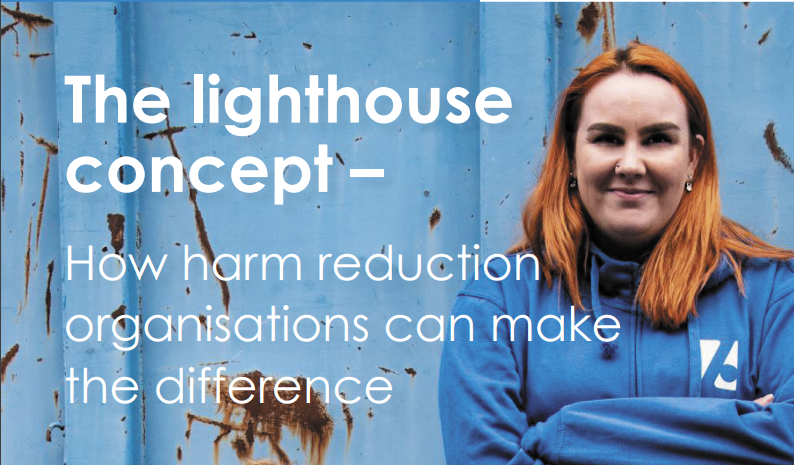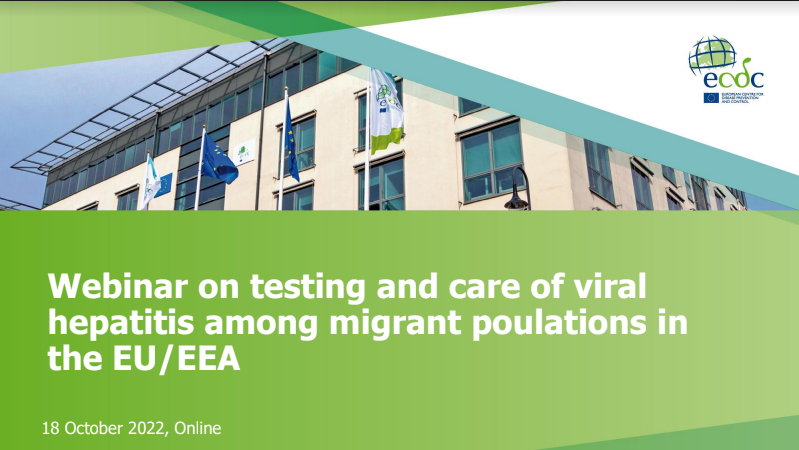During the event, the Coordination Team of CSF on HIV/AIDS, VH & TB presented its Joint Statement, which explores outstanding challenges and good practices specific to dealing with these conditions. Special attention was brought to the importance of nurturing collaboration among stakeholders to ensure continuity of prevention, treatment and care and better quality of life for all people living with or most affected by HIV/AIDS, viral hepatitis, tuberculosis (especially drug-resistant) and sexually transmitted infections, including an adapted response for displaced and mobile people and other migrant populations. The statement also highlights how HIV, viral hepatitis (VH) and STIs are increasingly becoming concentrated in key and vulnerable populations and provides recommendations on how to overcome the stigma and discrimination against these key populations that are often at the intersection of multiple axes of marginalisation.
Additionally, three other Joint statements were presented:
- “Organisations across sectors call for stronger action against racism and discrimination to achieve health equity”, by DisQo Anti-Discrimination & Health Equity – European Public Health Alliance, advocates for the improvement of public health by proactively eliminating institutional, structural, and interpersonal racism and discrimination that impact physical and mental health inequalities. The Joint Statement outlines five key priorities for constructively, collaboratively, and respectfully addressing the issue.
- “Mental Health in All Policies”, by Mental Health Europe, emphasises the impacts of public policies on mental health determinants, strives to reduce mental health inequities, aims to highlight the opportunities offered by mental health to different policy areas, and reinforces the accountability of policymakers for mental health impacts.
- Lastly, the Brunel Centre and Health Action International presented “Navigating Health Inequalities in the EU through Artificial Intelligence”, which considers how we may leverage AI-driven technologies to improve healthcare and wider (e.g. productivity) outcomes and reduce inequalities in the European Union (EU) whilst also ensuring that such inequalities are not augmented or magnified or even that new iterations of inequalities are not [re]created.
You can find the statements and presentations here.

